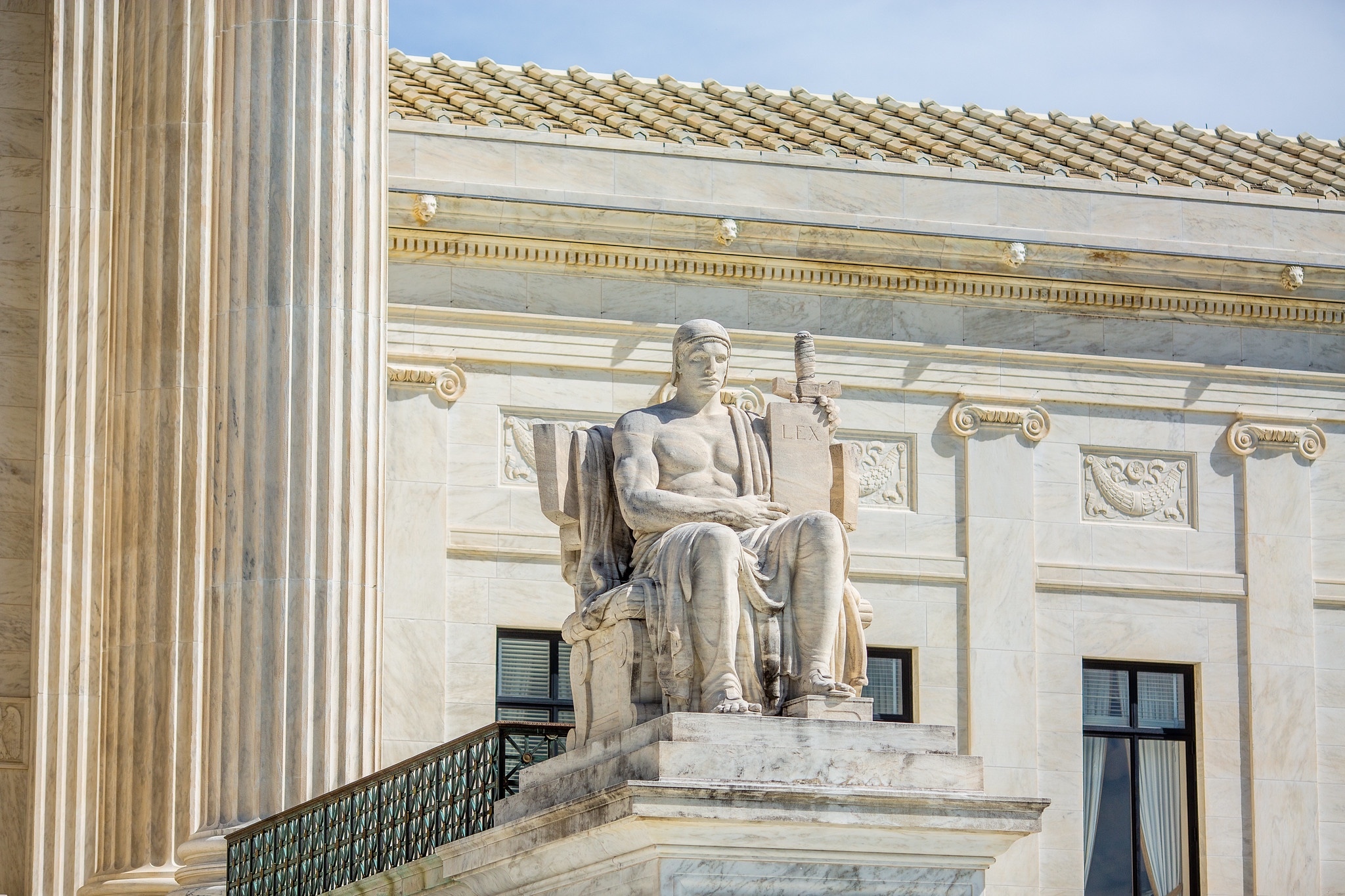- cross-posted to:
- news
- cross-posted to:
- news
In a major ruling, the Supreme Court on Friday cut back sharply on the power of federal agencies to interpret the laws they administer and ruled that courts should rely on their own interpretion of ambiguous laws.
On a completely unrelated note when is the third season of The Gilded Age coming out?
No clue what sparked the connection as I haven’t seen the show, but it looks like sometime this year. No official date has been announced. Hope this helps.
ChatGPT:
The Gilded Age in American history refers to the late 19th century, roughly spanning from the 1870s to the early 1900s. It was characterized by rapid industrialization, economic growth, and significant wealth accumulation among a few elite individuals, often contrasted with widespread poverty, labor exploitation, and political corruption. The term “gilded” suggests that this era appeared prosperous on the surface but was fraught with social and economic issues underneath.
During the Gilded Age, the Supreme Court played a crucial role in shaping the legal and economic landscape of the United States. One significant aspect was its interpretation of federal power versus state power, particularly regarding economic regulation and individual rights.
In several key decisions during this period, the Supreme Court often sided with states’ rights and limited federal authority over economic matters. For instance, in cases like United States v. E.C. Knight Co. (1895), the Court narrowly interpreted the Sherman Antitrust Act, which was meant to regulate monopolistic practices, leading to a reduction in federal power to curb industrial monopolies.
The rationale behind the Court’s decisions often reflected a judicial philosophy that favored minimal interference in business practices and economic affairs by the federal government. This aligns with the broader tendencies of the Gilded Age, where laissez-faire capitalism and limited government intervention in the economy were dominant ideologies among the ruling class and influential policymakers.
Therefore, the relationship between the Gilded Age and the Supreme Court’s stance on federal power lies in the Court’s tendency to limit federal authority over economic regulation and its rulings that favored states’ rights and corporate interests. This era marked a period of significant judicial interpretation that shaped the balance of power between state and federal governments for years to come.
Can someone ELI5? I think I understand but trying to think of examples of how it would be used.
Here’s how it was before:
Congress passes a law: “No one shall wear socks and sandals”
The executive agency, in charge of enforcement rules, decides on if they meant you can’t wear either or just both at the same time.
Then in court the judges would have to assume that Congress meant to prohibit wearing either if the agency came to that conclusion.
Now: When the judges hear the case they might still side with the agency but if they feel the other side has a more reasonable interpretation they can side again the agency.
Really dumbed down example but basically now courts don’t have to accept to the executive agency’s interpretation over the other party’s.
Thanks for the ELI5.
Does me that if you can influence a judge for a favorable ruling (even if it’s against the executive agency’s), you’re good?
Yes, now if you have an interpretation and the agency has one the judge has to judge them both equally. If you can offer a more compelling understanding of the law the judge should favor your perspective. But if the agency has a better one they will win.



